Breast milk ice cubes could deliver protective antibodies against coronavirus
Researchers say breast milk from COVID-positive women contains powerful antibodies that could stop the spread of coronavirus.
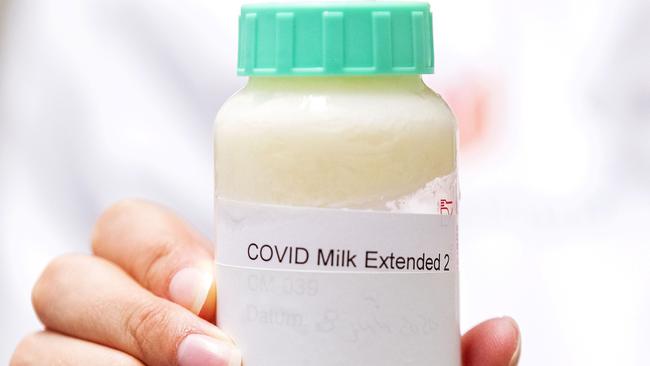
The breast milk of women who have tested positive for coronavirus contains antibodies that could be a breakthrough in fighting new infections, Dutch researchers have found.
Amsterdam University’s medical centre (UMC) has discovered that the antibodies are not destroyed by pasteurisation, meaning that breast milk could be administered as “flavoured ice cubes” to fight the pandemic.
“You want the antibodies to be in contact with the mucous membranes for as long as possible to really create that protective layer,” Britt van Keulen, a researcher at UMC, said. “When you drink it, it disappears quickly. Our idea is to give it in the form of ice cubes, so it takes a little longer, there is longer contact with the mucous membranes to create that layer.”
In laboratory experiments the breast milk antibodies were powerful enough to stop the spread of the coronavirus, raising hopes that results could be replicated as a treatment.
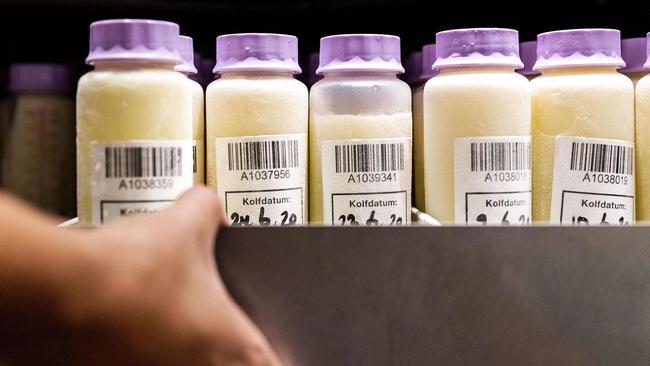
Human breast milk contains antibodies produced by the mother that protect newborn children against respiratory infections. Dr Van Keulen said the breast milk of 30 women who had been infected with the coronavirus was sampled. The researchers are trying to recruit a thousand women to donate breast milk in order to detect how prevalent the antibodies are generally among nursing mothers.
Treatments would not be available for the whole population because of the limited quantities of breast milk but could be used to protect vulnerable people, such as elderly residents during an outbreak at a care home. Hans van Goudoever, head of the Emma children’s hospital at UMC, said: “You would have to give the milk for ten days. After that, the virus will hopefully have left that nursing home.”
The Times

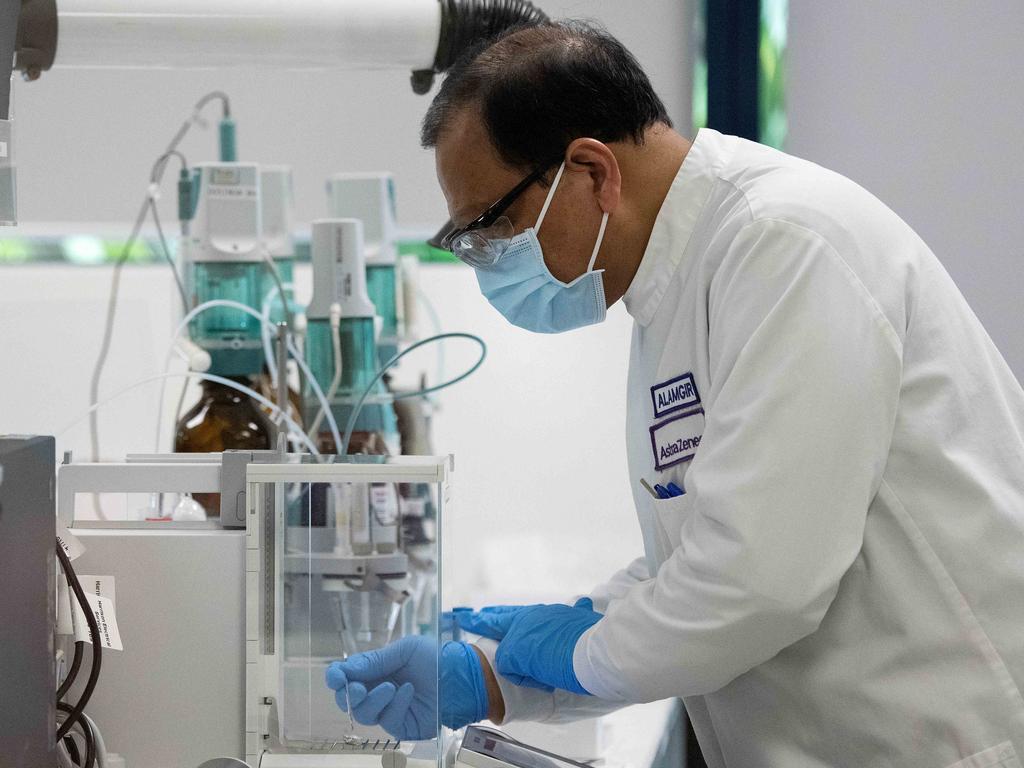
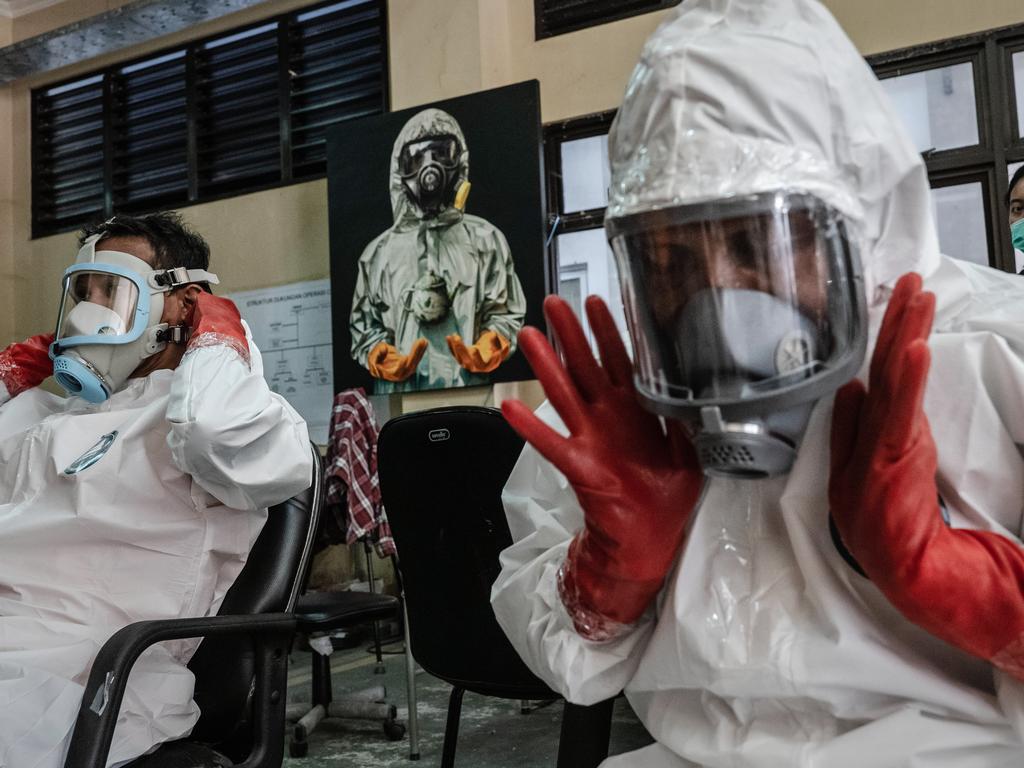
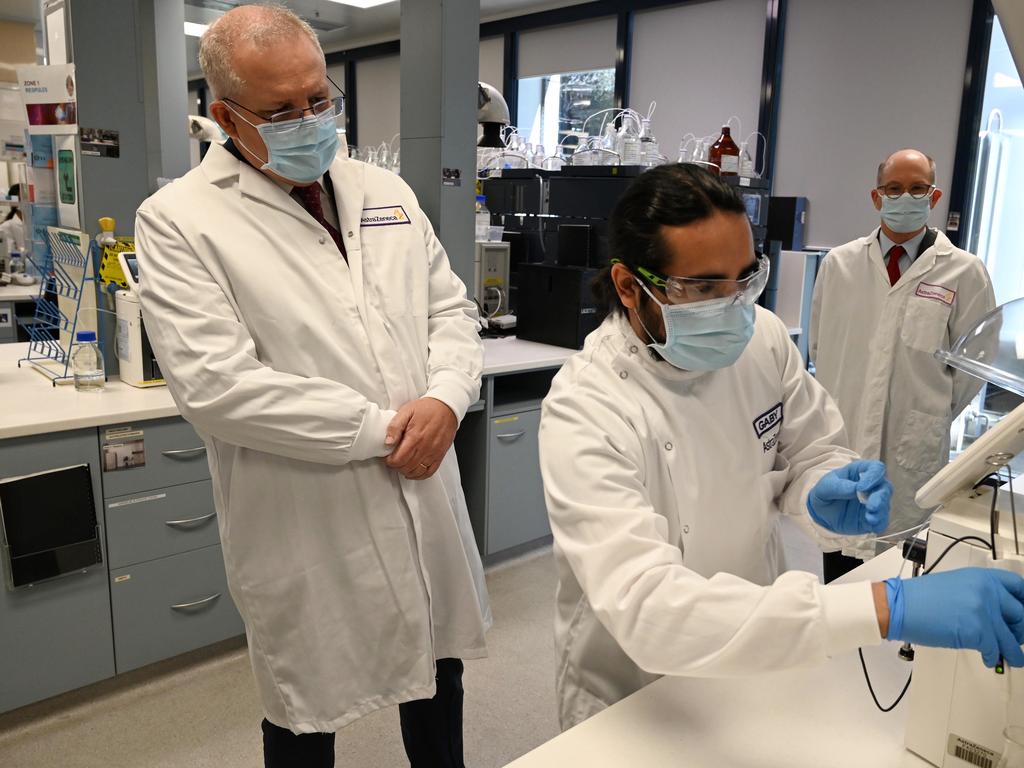
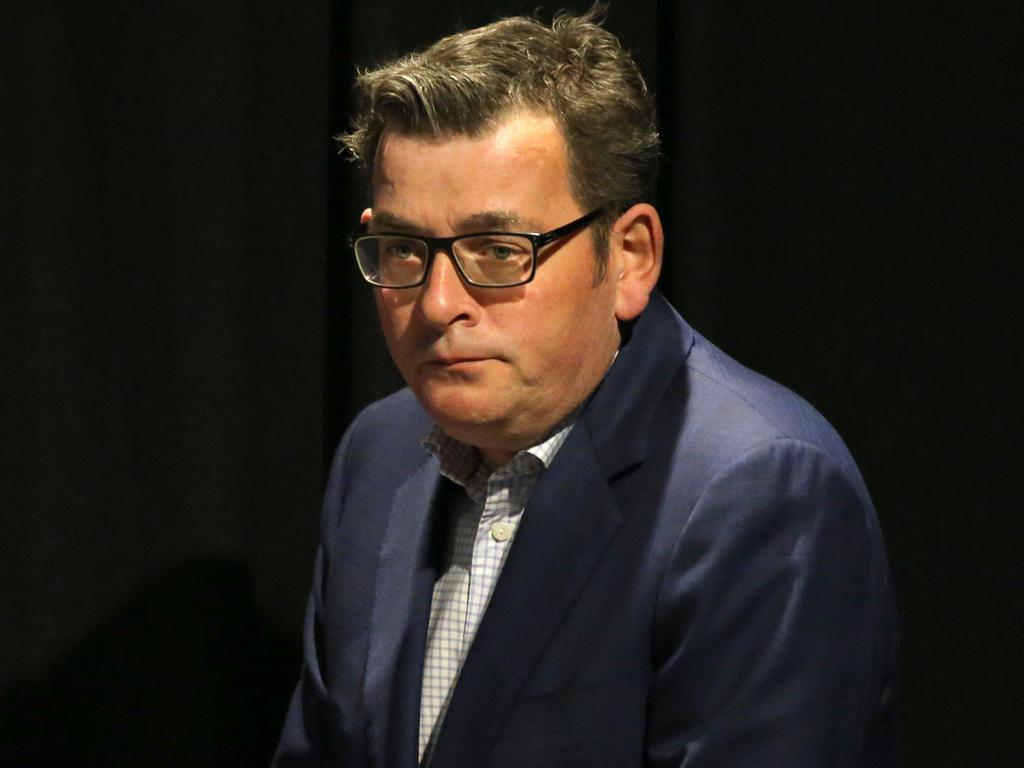
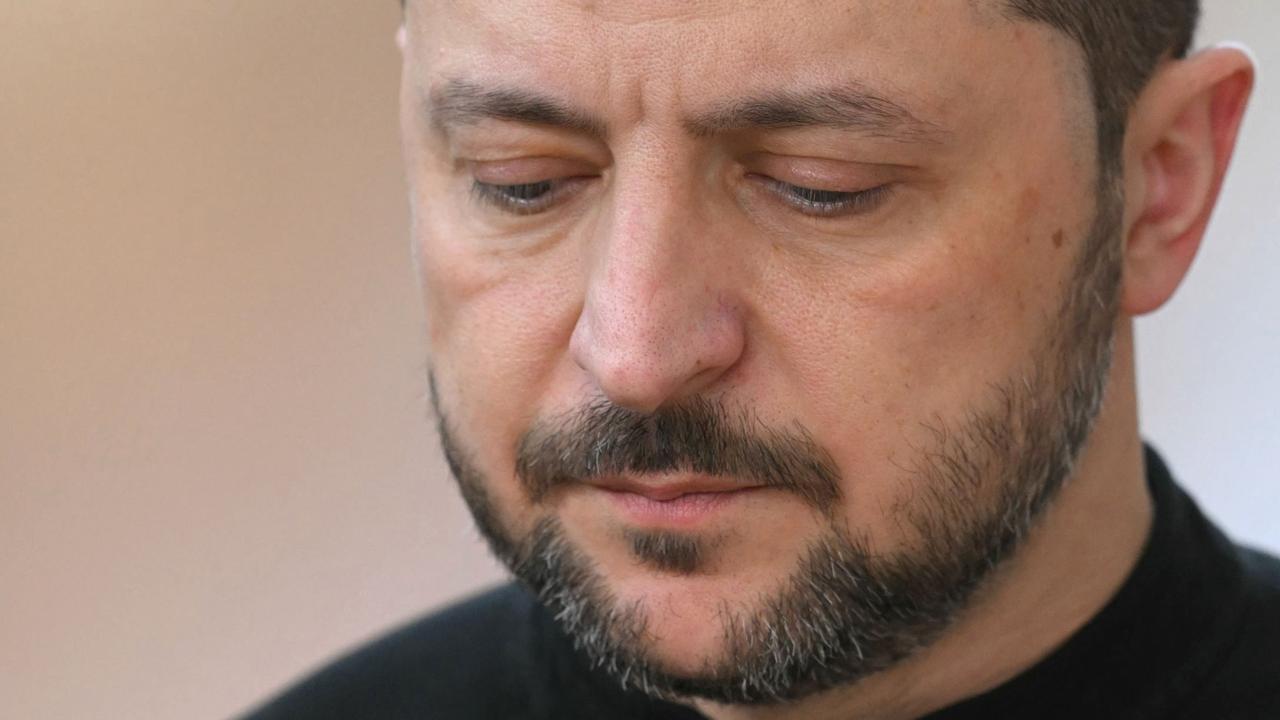

To join the conversation, please log in. Don't have an account? Register
Join the conversation, you are commenting as Logout